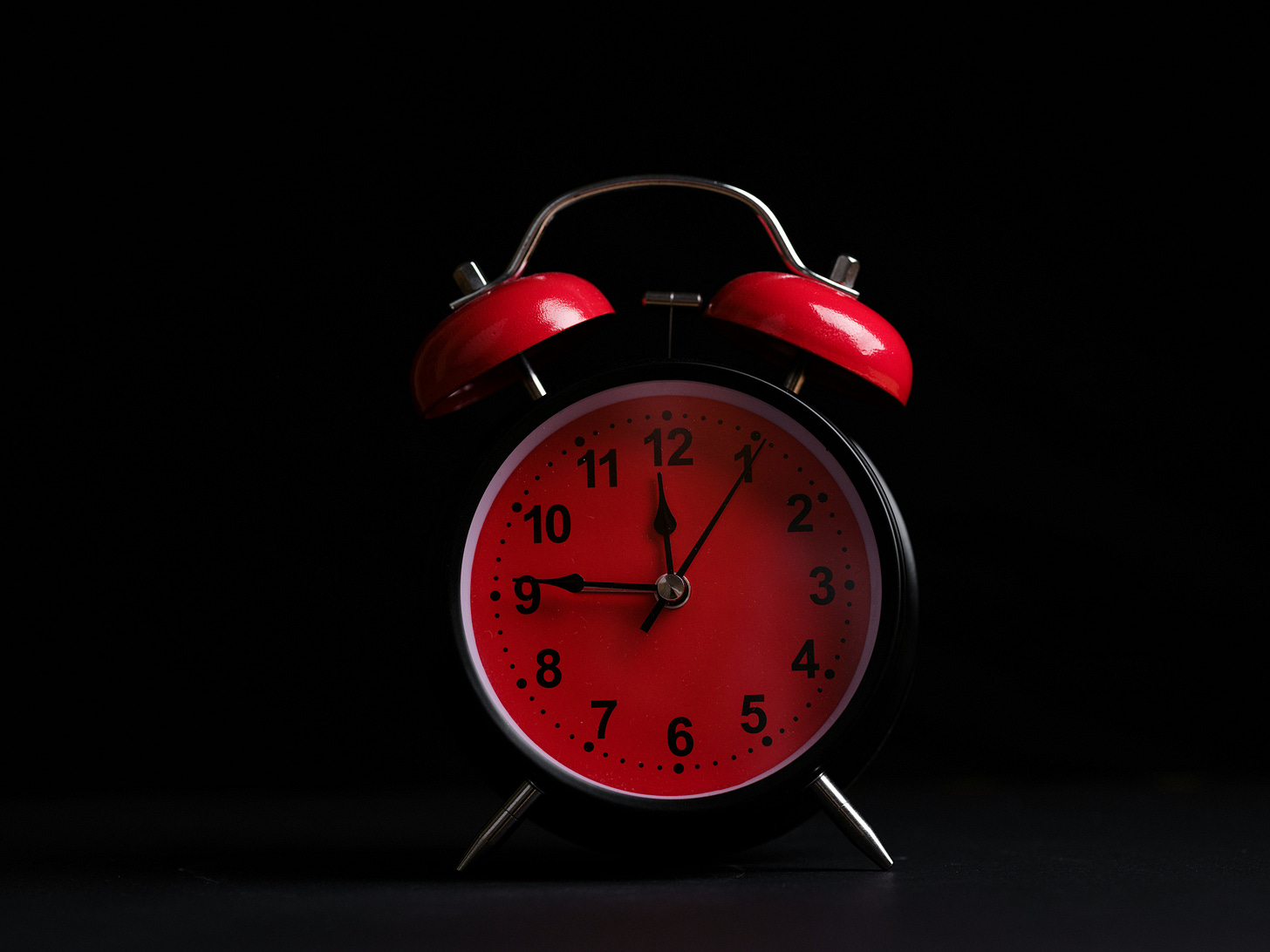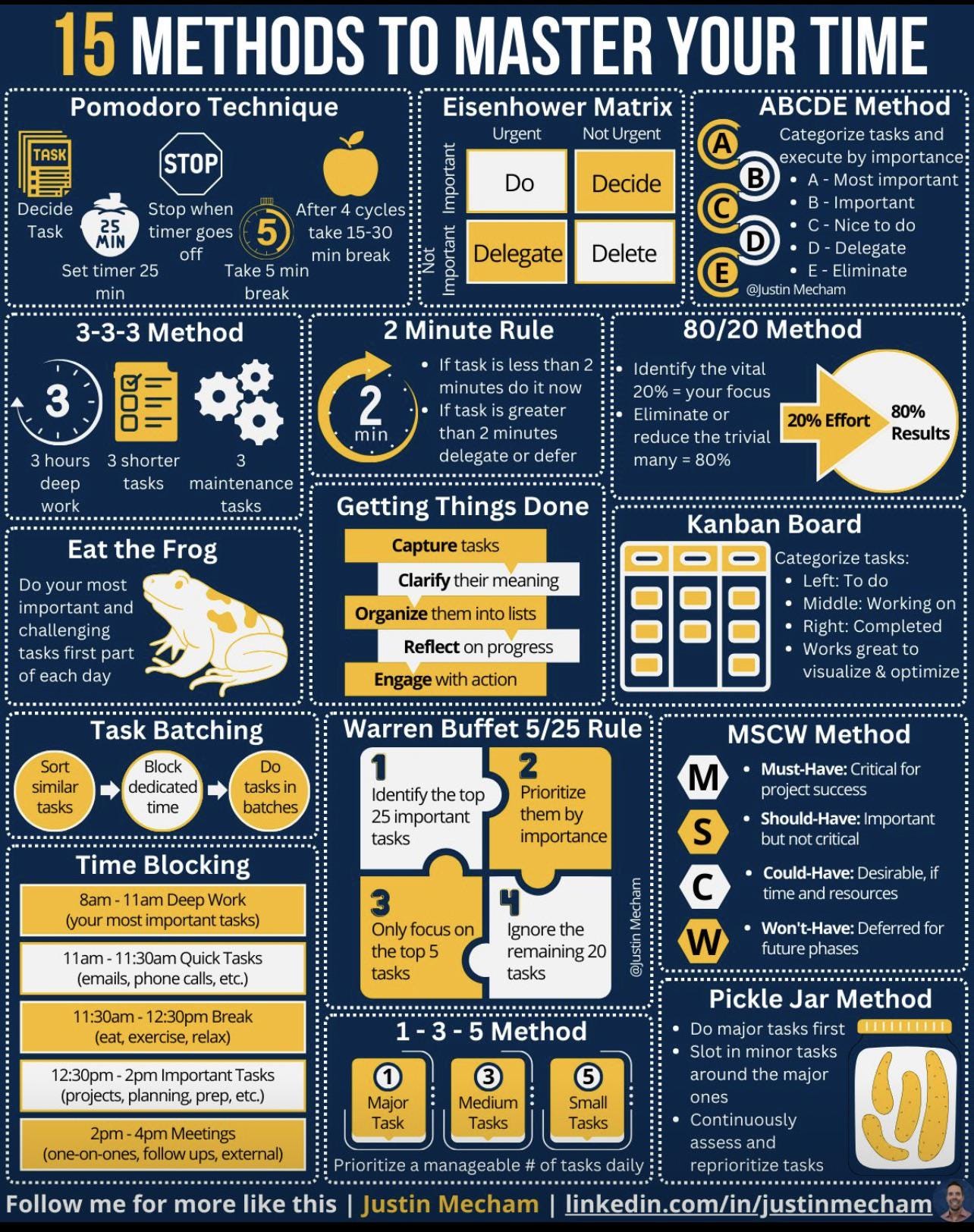
Fifteen minutes into the quiet hour on Monday, I sank into deep thought about the invaluable essence of time.
You might be wondering what the quiet hour entails.
It’s a nightly routine we recently established in our home from 5-6 p.m. to improve focus, foster reflection and create a peaceful space.
OK, really, the quiet hour started because Parker can’t stop talking.
The girl is a natural-born chatterbox, bursting with more vigor than the Energizer Bunny.
But all four of us benefit from this 60-minute break.
I’m the biggest blabbermouth after Parker, followed by Tiffany, and then there’s Triest, whose succinct communication has earned her the nickname “17 Words.”
To make our quiet hour truly effective, we’ve established a few simple rules. To promote mindfulness, we avoid television and sleeping during this time. Each person chooses their own quiet spot, and we engage in peaceful activities like reading, journaling, drawing or meditating — anything that allows us to pour into ourselves.
This structure adds discipline to our day and provides at least one hour of high-level thinking.
On Monday, I read during this hour, which sparked deeper thoughts about the nature of time.
The book I’m diving into is “Master Your Time Master Your Life: The Breakthrough System to Get More Results, Faster, in Every Area of Your Life” by Brian Tracy.
After challenging Tiffany to complete the book in February — which she did! — I vowed to finish it before the end of March. It shouldn’t be a problem because each page has me captivated.
I’m only on Chapter 2 of this 10-chapter work, but it’s already challenging me to commit to better time management.
“Discipline yourself to do only those tasks that enrich and enhance your life and work and that give you a feeling of forward motion toward achieving the things you want and becoming the kind of person you want to be,” Tracy writes.
The author goes on to say, “This simple strategy will enable you to double and triple your productivity, performance, and results in the months and years ahead.”

Amid a sea of personal development advice, Tracy offers a simple, seven-step formula for maximizing your time and achieving your goals.
💸 Decide what you want: Be specific. Don’t mistake goals for hopes and dreams.
💸 Write it down: Only 3% of adults have written goals, according to Tracy, and those adults earn, on average, 10 times as much as people without written goals.
💸 Set a deadline: Decide exactly when you want to achieve your goal. Break it down by year, month, week or day.
💸 Make a list: This should include everything you can think of that will help you achieve your goal.
💸 Organize your list: Arrange your list by sequence, starting with what you need to do first to achieve your goal.
💸 Take action on your list: Start where you are. Use what you have. Do what you can.
💸 Do something every day: Tracy described this step as the most important. Commit to doing something every day that moves you toward your goal.
Over the past two years, I’ve gradually eliminated distractions from my routine.
I’ve shut off the TV and stopped paying attention to sports. I’ve retired from video games and stepped back from dating. I’ve dialed back my drinking and detoxed from mindless entertainment.
I’ve reclaimed a tremendous amount of time.
But I’m still working on channeling my energy in the right way and actually mastering my time. Conquering that challenge feels like the last hurdle that will turn me from good to great.
As I continue my journey to master my time, I invite you to join me.
Reflect on your daily distractions and identify one small change you can make today. Carve out your own quiet hour, and commit to one action daily that brings you closer to your goals.
Remember, it’s not just about managing time; it’s about making time work for you.
A lesson on compounding
One of the personal finance podcasts I began listening to at the start of my financial transformation last year is one many of you probably know.








One recent simple change that has paid big dividends for me was to stop listening to podcasts or music during my twice daily dog walks. I suppose it is similar to your quiet hour, but for me it's split into two half hours.
This time is a chance to reflect on my day and prepare for what is next. I find it makes me more productive and decisive when I get back to work or chores. I sort through the discomfort or uncertainty that would otherwise delay me or lead me to seek out distractions.
At first it took effort to keep the earbuds out. Soon it felt completely natural. It's not work any more. I enjoy this time for solitude.
TI, ED, and T and P,
I’m proud of you four taking such a stern, adult-level step towards better, more peaceful/productive living that speaks volumes about self discipline and mutual respect.
I instantly thought to myself that all my hours living alone are Quite Time. Nope! With TVs in every room and at least two are on 24/7; and a phone in my hand as I move from room to room and from project to project, I don’t have 1 quite hour out of 24 hours. Not even when I Sleep!!
It occurs to me that my multitude of tasks take an inordinate amount of time to complete, and I almost always have to spend more precious time correcting or truly completing jobs. I stop what I am doing to chat on the phone, even if I am under the gun to finish an important task. And as much as I enjoy Journaling, “I just can’t find the time to do so!!!”
Thanks for the article and the stellar example you all have set. My get it done, change now, war cry will now be — “If Parker can do it, I can do it TOO!!”